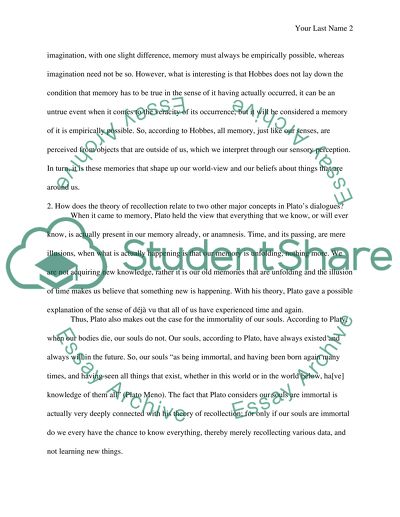Cite this document
(“Philosophy Essay Example | Topics and Well Written Essays - 1500 words - 12”, n.d.)
Retrieved de https://studentshare.org/miscellaneous/1566910-philosophy
Retrieved de https://studentshare.org/miscellaneous/1566910-philosophy
(Philosophy Essay Example | Topics and Well Written Essays - 1500 Words - 12)
https://studentshare.org/miscellaneous/1566910-philosophy.
https://studentshare.org/miscellaneous/1566910-philosophy.
“Philosophy Essay Example | Topics and Well Written Essays - 1500 Words - 12”, n.d. https://studentshare.org/miscellaneous/1566910-philosophy.


